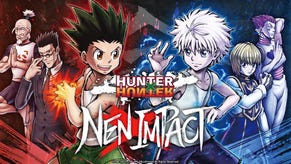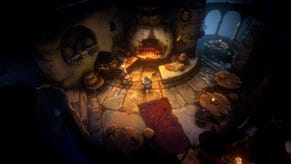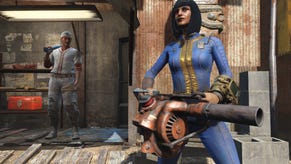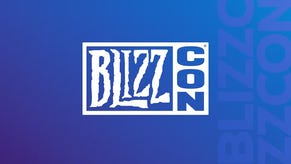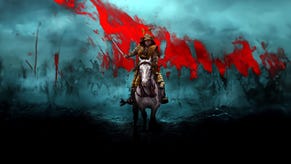Xbox One: Microsoft exec explains console's name
Xbox One might sound chronologically incorrect, seeing as it's Microsoft's third home console, but exec Jeff Henshaw has shed more light on how the company came up with the name.
Speaking with CNET, Henshaw said, "The original Xbox was just the 'Xbox', it wasn't 'One'".
When asked if the 'One' part might cause confusion, Henshaw continued, "But this vernacular formed where people referred to it as the Xbox. Even today during interviews, I've slipped. It only takes a little while before you realize what's going on underneath that name.
"There's something very powerful about it. Xbox One really embodies the concept that this is the first device, the combination of this very powerful console that brings all its eight cores, 8GB of RAM, super fast memory, super powerful SoC we built, super powerful dedicated audio and video processing subsystems. There's incredible power in this device, married with the next generation of Kinect for really enabling those subtle interactions between you and your entertainment".
He added that Xbox One is, "The embodiment that this becomes one device that addresses all the entertainment that you want to enjoy on your TV, and brings it to you in a way that's so simple, that it can be the only input you have connected through your television. It is truly the one place to go for all this. So One ends up being a deeply meaningful thing to us here. It's almost a bar that we are striving to achieve, and I think we nailed it really well with the Xbox One."
We all got that yeah, good? Does the name make sense? Are you excited for the console? Let us know below.
Thanks OXM.



